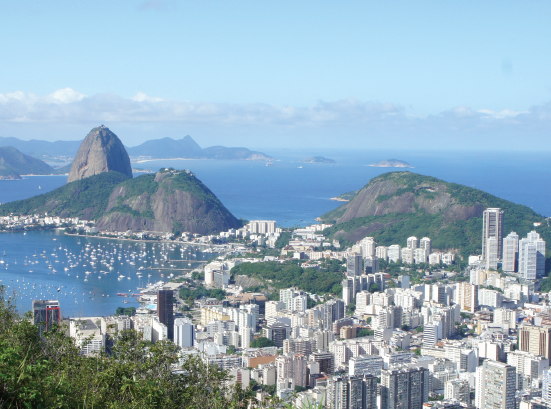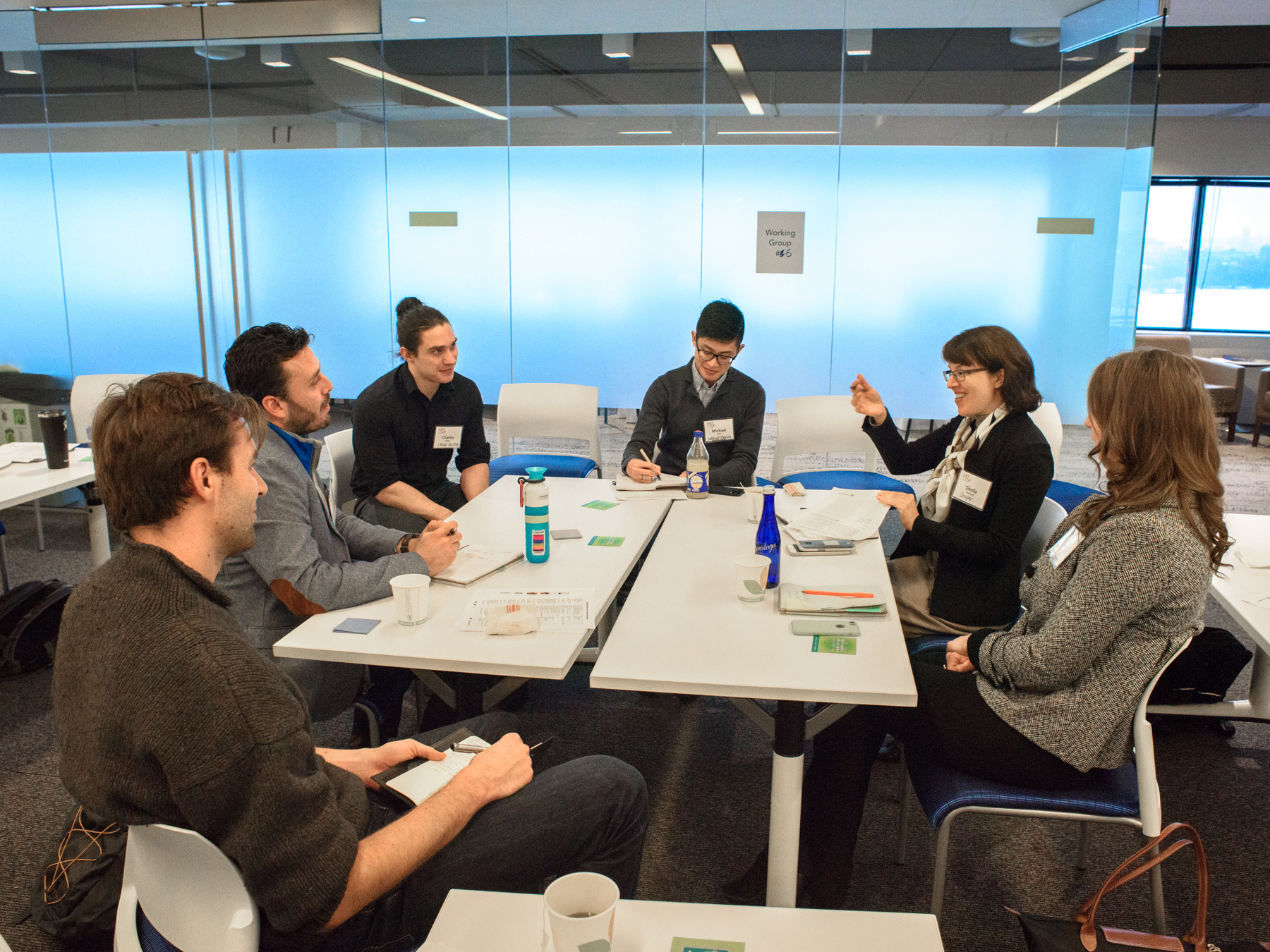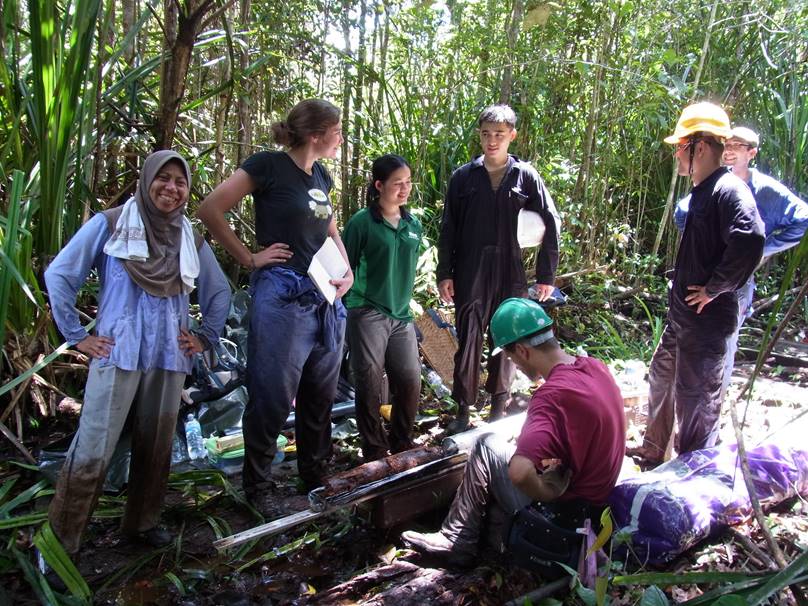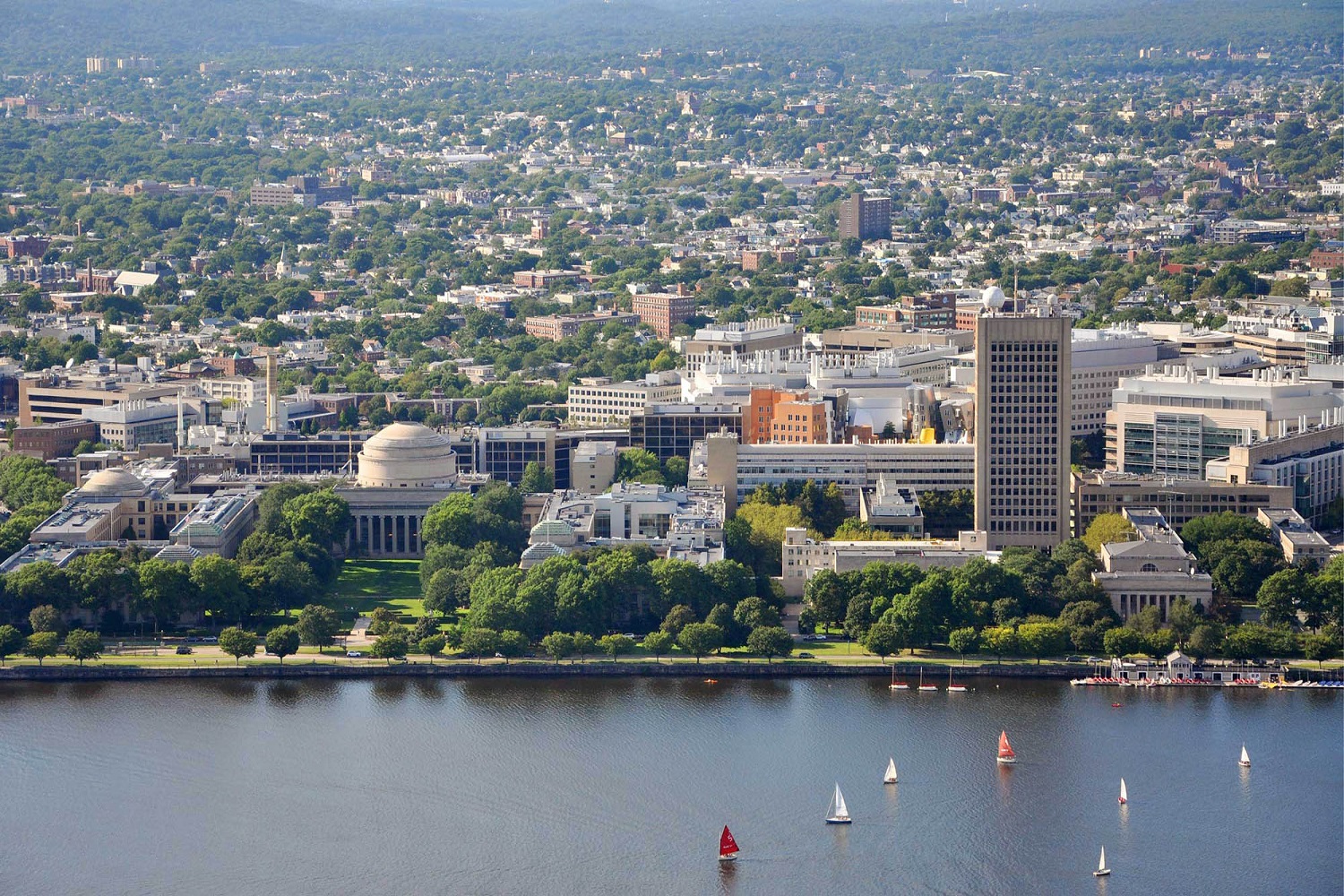Menu
Relationship Building in Colombia
Creating ESI’s Natural Climate Solutions Program

Field visit to San Miguel Neighborhood, Mocoa, Colombia, January 2018
In January 2018, a delegation of MIT researchers visited Bogotá and Mocoa on the invitation of Minister Luis Gilberto Murillo, former Minister of Environmental and Sustainable Development, and the International Organization for Migration. The MIT team convened as a Department of Urban Studies and Planning (DUSP) graduate course co-instructed by Professor Phillip Thompson and PhD Candidate Juan Camilo Osorio, and representatives of DUSP, the Community Innovators Lab (CoLab) and the Environmental Solutions Initiative (ESI). During this trip, MIT held over 40 meetings with government agencies, nonprofit organizations and community groups and held an international conference to share knowledge between local and international experts and community organizations. This first delegation produced a planning report with recommendations to inform the NCS Program’s future work in Colombia. The visit was instrumental in assessing both existing efforts and policy and research gaps, as well as existing field conditions to articulate additional collaborative work in Colombia.

Meeting with the Inga Community, Mocoa, Colombia, January 2019
In January 2019, a second delegation of MIT researchers visited Mocoa, convened as a DUSP practicum co-instructed by Osorio, ESI Director John Fernandez, and DUSP Alum Marcela Angel. The team engaged in eight planning workshops with local institutions and environmental authorities, community oversight and indigenous groups, and other nonprofit organizations. Through multiple collaborative site recognition visits and other forms of preliminary fieldwork, the delegation documented the priorities and needs identified by different actors in relation to the environmental, socio-economic and risk reduction challenges that intertwine in this territory, and defined a collaborative research agenda for Mocoa and the surrounding region.
The fieldwork has helped finesse the map of actors, strengthen relationships and confirm the interest of indigenous groups, community organizations and local environmental authorities to collaborate with MIT on environmental projects that protect the environment while producing inclusive local economic development.
Read more about the NCS Program
















